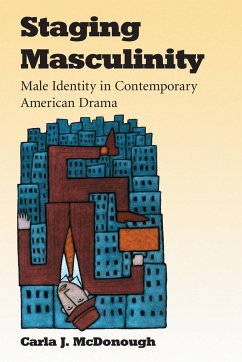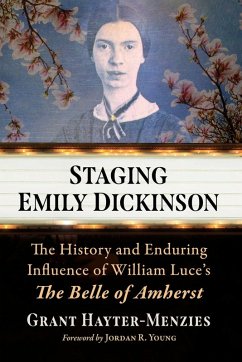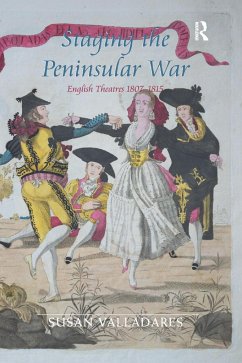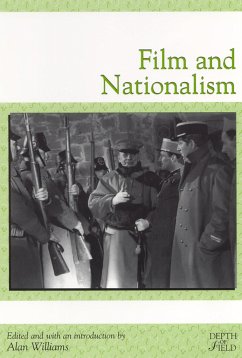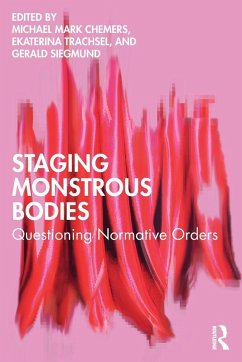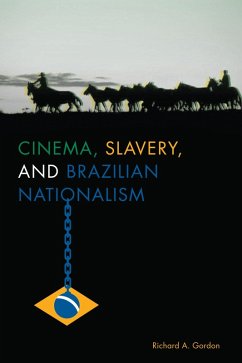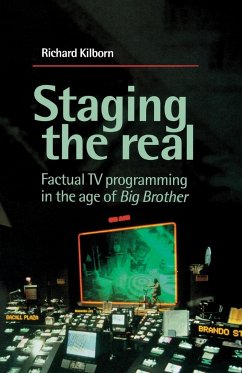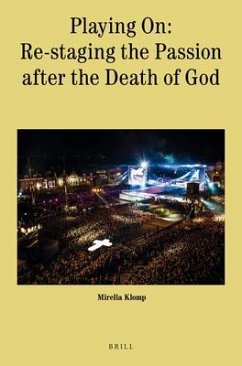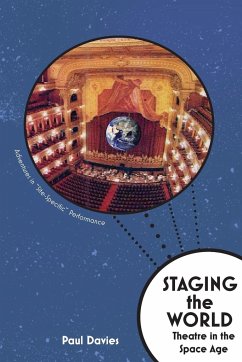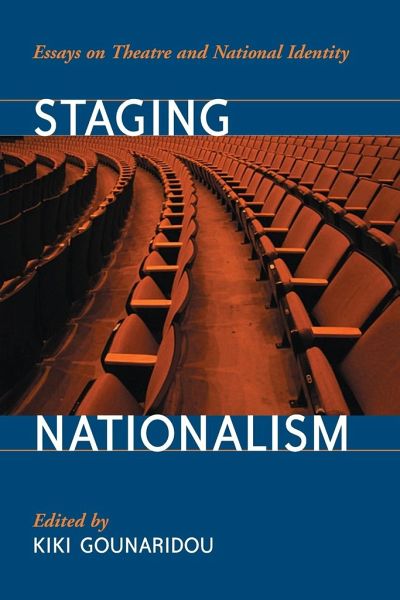
Staging Nationalism
Essays on Theatre and National Identity
Herausgeber: Gounaridou, Kiki
Versandkostenfrei!
Versandfertig in 1-2 Wochen
44,99 €
inkl. MwSt.

PAYBACK Punkte
22 °P sammeln!
When a nation wants to reconnect with a sense of national identity, its cultural celebrations, including its theatre, are often tinged with nostalgia for a cultural high point in its history. Leaders often try to create a ""neo-classical"" cultural identity. Artificially returning to an imagined pinnacle, however, can fail to take into account new aspects of national identity, such as the infusion of other cultures and languages. This collection of essays discusses the relationship between political power and the construction or subversion of cultural identity. The collection takes a wide hist...
When a nation wants to reconnect with a sense of national identity, its cultural celebrations, including its theatre, are often tinged with nostalgia for a cultural high point in its history. Leaders often try to create a ""neo-classical"" cultural identity. Artificially returning to an imagined pinnacle, however, can fail to take into account new aspects of national identity, such as the infusion of other cultures and languages. This collection of essays discusses the relationship between political power and the construction or subversion of cultural identity. The collection takes a wide historical perspective from distinct periods and cultures from all over the world. A few of the topics examined include how theatre in 18th century Poland tried to reconstitute the identity of an imagined classical heritage clung to by Polish nobles; how festival practices during the French Revolution tried to give meaning to recent events and rein in anxiety about split loyalties; how Athenian prologues cemented early American culture; how romantic admiration of peasant culture spread from Germany throughout Europe; how Greek tragedy in postwar Japan reflects the conflict of Japan's imposed identity as a Western-style democracy with its prewar identity as a samurai nation; and how Mexican archeological performance links the indigenous past with a post-revolutionary identity as a mixed race country.



